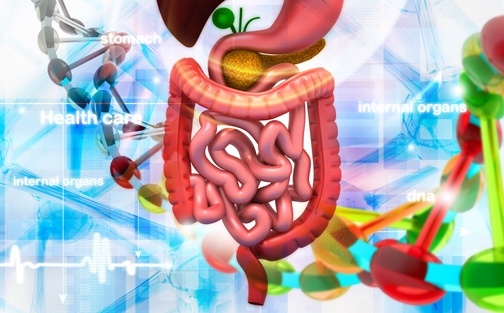
Gut stem cells can be put right in front when formulating preventive strategies in health care and in understanding risks involved with health. These cells could stem the growth of all non-communicable diseases. Our gut or the gastrointestinal tract is vulnerable to several diseases and this includes the bowel inflammation disease along with colorectal cancer.
Dr. Robert Waterland and Dr. Lanlan Shen are both associate professors at Baylor and they feel that gut stem cells are being continuously replaced in our intestinal epithelium. These cells exist for about four days before new cells take shape. This is a process which is dynamic in nature and gut stem cells have the ability to make new cells that are used by our bodies. These cells become the gut’s control center and they regulate the gut physiology right from our infancy stage through to our entire lives.
During their study, these associate professors used mice as models and isolated a stem cell population that was pure. The study was done during the mice’s weaning period. It was discovered that a methyl molecule in their DNA regulated the stem cells in their intestines. The period of infancy was crucial for all changes that affected the way genes could be expressed in the stem cell development in their intestines.
Gut stem cells also play a crucial role in the human microbiome system. They establish the actual exposure of humans to their environment. This study has given a fascinating opportunity in understanding how we can customize the microbiome exposure during the stage of infancy so that we can maximize good health and bring down the risks of gastrointestinal diseases as we grow old.
Source: Your Gut Development During Infancy Can Have Lifelong Implications
{{cta(‘3fe0aac7-7562-46dc-b8b9-c706d9cfd6b1’)}}
{{cta(‘fec594e9-5433-4350-9180-2bdd371eb399’)}}


